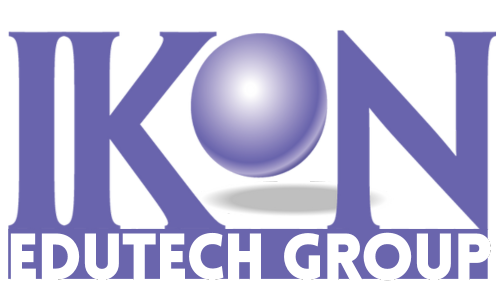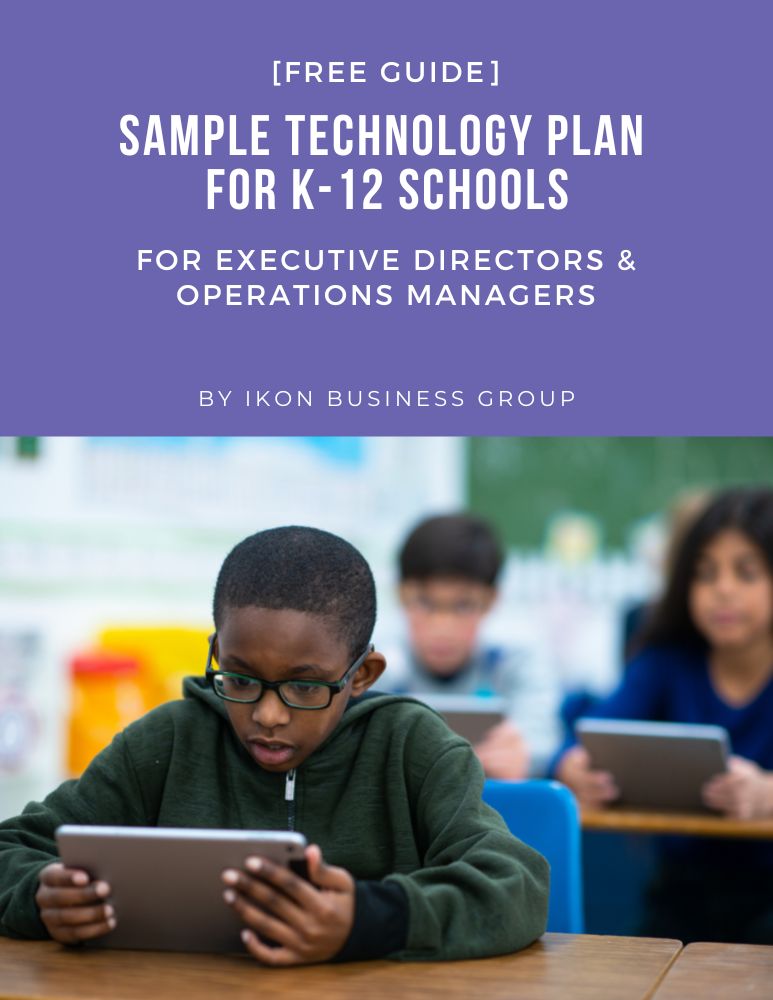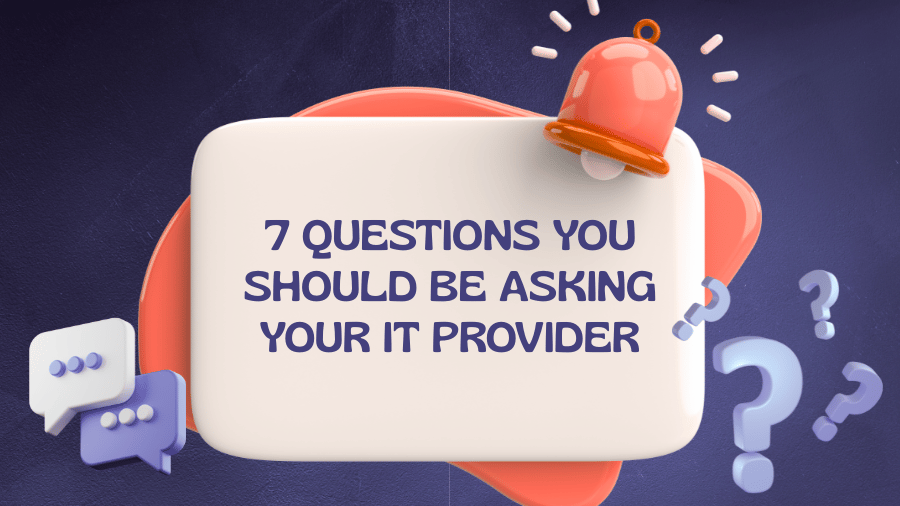If you only touch base with your IT team at contract renewal, you’re missing the mark. School technology isn’t “set it and forget it.” Between evolving EdTech platforms, shifting compliance rules, and new cyberthreats, quarterly check-ins are essential to keep classrooms running, data safe, and federal funding intact. Yet many district leaders don’t know what to ask. Here’s your cheat sheet—no tech jargon, just the straight talk you need.
1. What Vulnerabilities Are We Ignoring Right Now?
Student data, digital whiteboards, and Chromebook fleets all need protection. Make sure you know:
- Is antivirus and endpoint protection current on every device?
- Are any classroom servers, switches, or IoT devices unpatched?
- Have we seen any near-miss phishing attempts or suspicious logins?
You’re not overcautious—you’re safeguarding students and staff.
2. How Healthy Are Our Backups—and Have We Tested Them?
Backups are worthless if you can’t restore them in a crisis. Ask:
- When was our last full-data restore drill for SIS and LMS?
- Are we using the right mix of on-prem, cloud, and immutable backups?
- Are we capturing pertinent records—attendance, grades, health data—securely?
You’d be alarmed how many schools discover their “backups” fail when disaster strikes.
3. Are Faculty and Staff Following Security Best Practices?
A single compromised educator account can expose thousands of records. Find out:
- Any unusual access patterns or risky behaviors in the last quarter?
- Do we need another round of phishing simulations for teachers and admins?
- Is multifactor authentication enabled everywhere—Google Workspace, SIS, VPN?
Bonus points if your IT partner flags these issues unprompted.
4. What’s Our Network Performance Look Like in Real Classrooms?
Slow Wi-Fi or LMS lag kills lesson momentum. Make sure you cover:
- Any recurring bandwidth bottlenecks or dead zones in schools?
- Are our hardware and access points keeping pace with increased device counts?
- What quick optimizations can boost page loads and video calls?
Even small tweaks can supercharge daily instruction.
5. Are We Fully Compliant With FERPA, COPPA, CIPA & State Laws?
Privacy and filtering requirements change fast—and noncompliance can cost millions or block E-rate discounts. Ask:
- Are we meeting every federal, state, and local student-data standard?
- Have any regulations shifted this quarter?
- Do we need policy updates, software patches, or new training modules?
Staying audit-ready isn’t optional—it’s critical.
6. What Should We Budget for Next Quarter?
Great IT is proactive, not reactive. Get clarity on:
- Any expiring software licenses or service contracts?
- Devices or network gear hitting end-of-life?
- Upcoming project needs—classroom refreshes, security upgrades, or PD sessions?
No more surprise costs or budget battles.
7. Which EdTech or Security Trends Are We Behind On?
EdTech evolves constantly, and cybercriminals follow suit. Ask your partner:
- Are there new tools (AI-powered monitoring, zero-trust models) we should adopt?
- How do our practices compare to other districts our size?
- Any emerging threats we need to prepare for now?
A truly strategic IT team keeps you ahead of the curve.
You’re Not Having These Conversations? That’s a Red Flag.
If your IT partner can’t answer these seven questions clearly—or doesn’t propose quarterly reviews—you may not be getting the support your students and staff deserve. Technology failures don’t just cost time; they disrupt learning, jeopardize compliance, and erode community trust.
Ready to move from “reactive” to “proactive”? Schedule your Quarterly K–12 EdTech Review today—and make sure your district stays online, compliant, and laser-focused on what matters most: student success.


